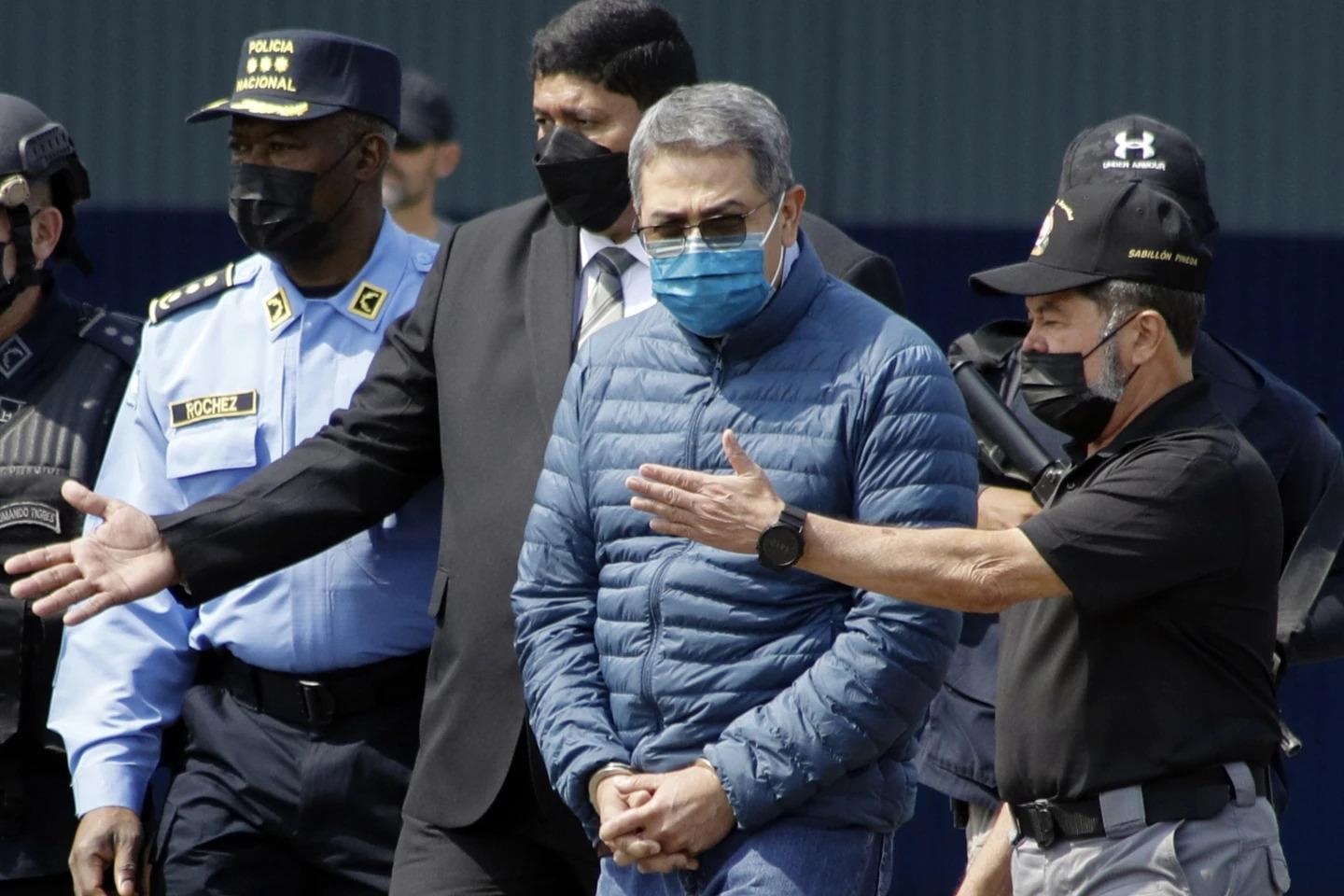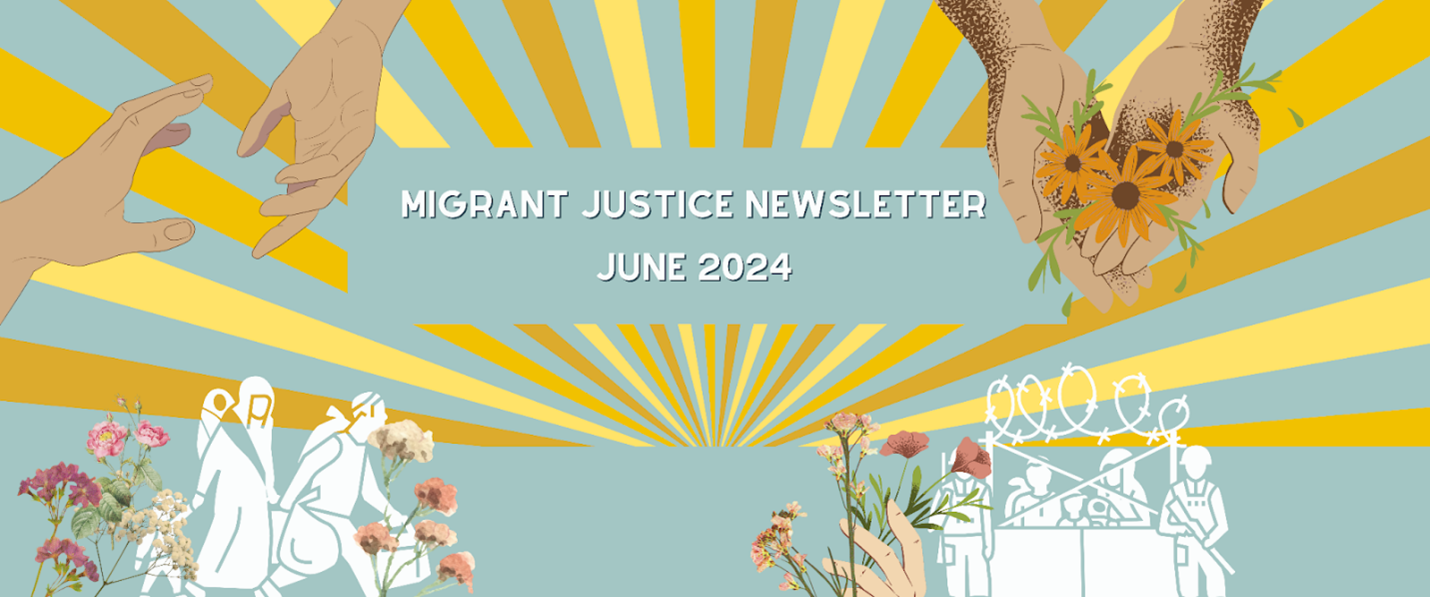In the first half of 2024, Colombia saw a slight decrease in deadly violence against community leaders and human rights defenders compared to the same period in 2023. According to Indepaz, an NGO monitoring armed conflict, 86 such individuals were assassinated between January and June, down from 96 during the same period last year. The region of Cauca continued to be a hotspot for these assassinations, often linked to conflicts over territory left by the FARC guerrilla group in 2017. The United Nations emphasized ongoing concerns about violence targeting social leaders in its report to the Security Council, criticizing insufficient investigations into these crimes. Despite more than 1,600 assassinations since the start of Colombia's peace process in 2016, the UN highlighted that only 75 perpetrators had been successfully prosecuted by the Prosecutor General's Office. UN Secretary General Antonio Guterres urged the Colombian government to swiftly implement security guarantees outlined in the Final Agreement and to enhance state presence nationwide to support peace efforts. Recently, national officials, diplomats, and social leaders convened to discuss improving security conditions for human rights defenders and leaders in conflict-affected areas.
- Home
- About Us
- Issues
- Countries
- Rapid Response Network
- Young Adults
- Get Involved
- Calendar
- Donate
- Blog



